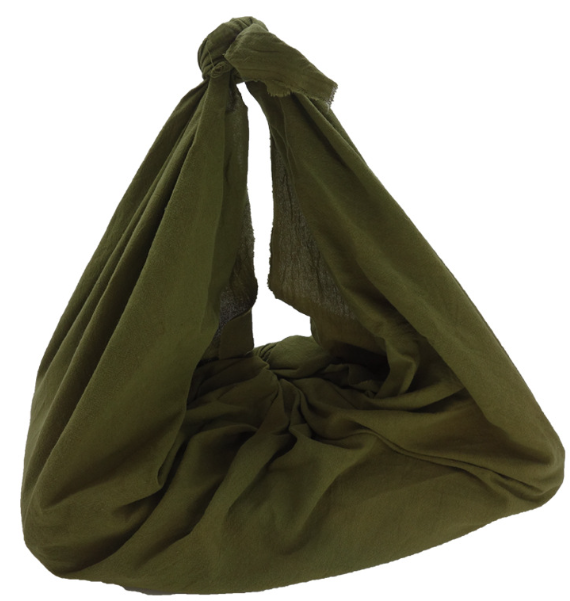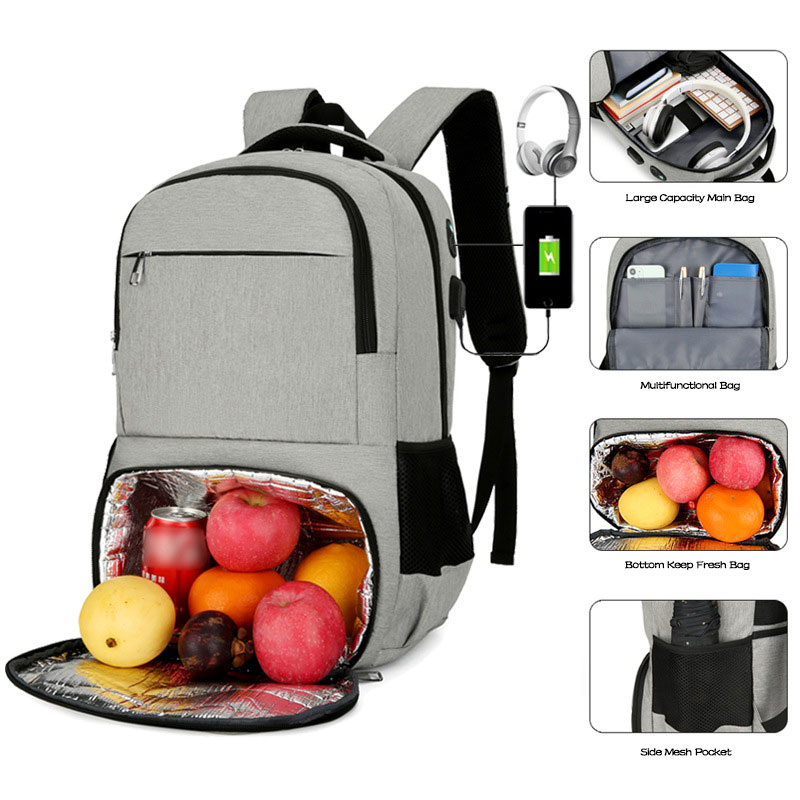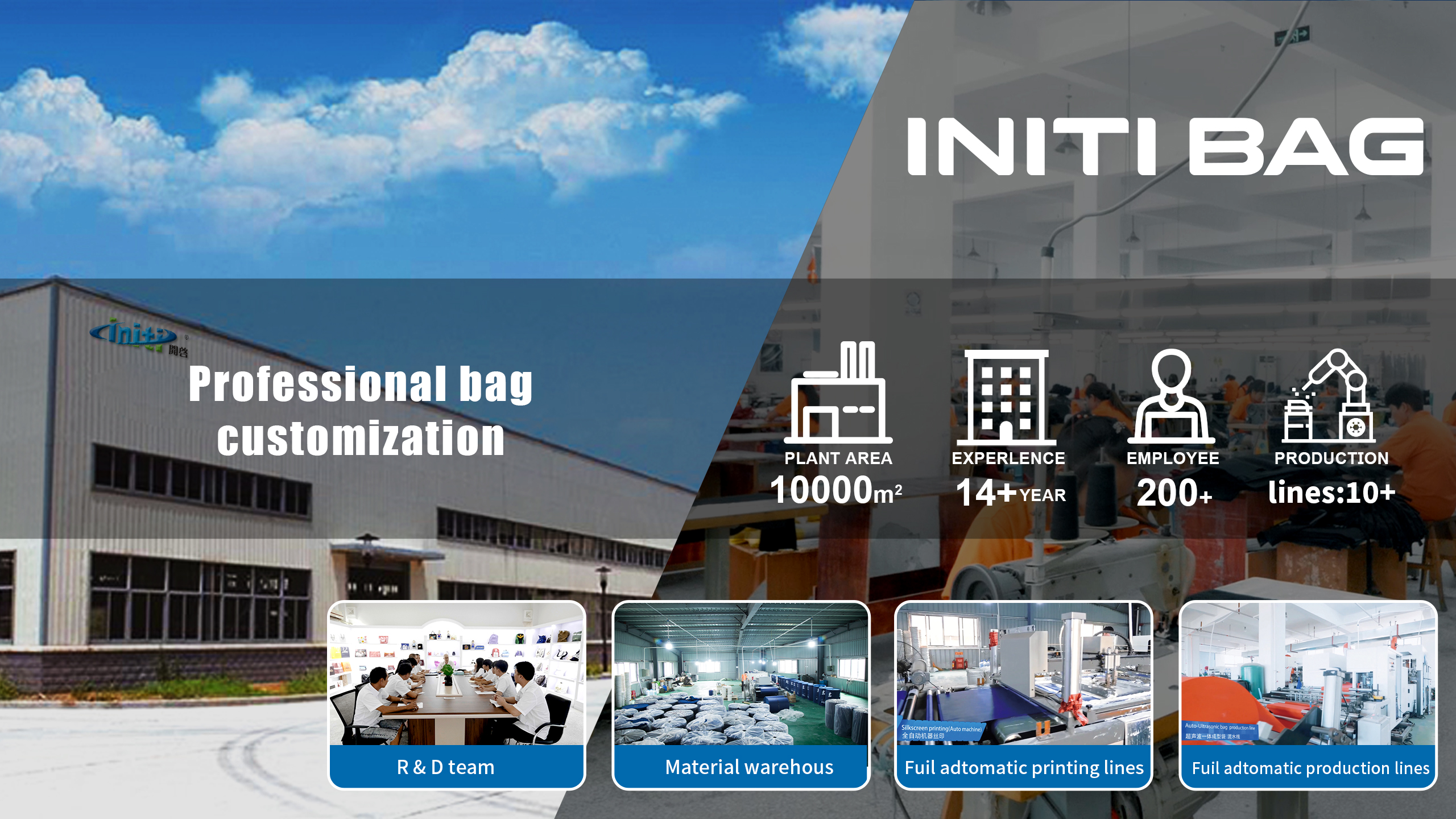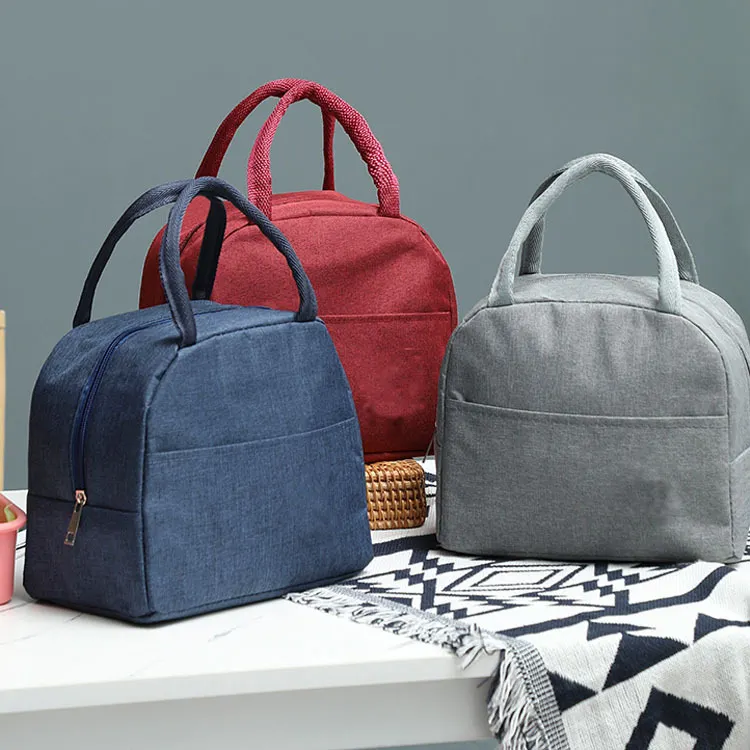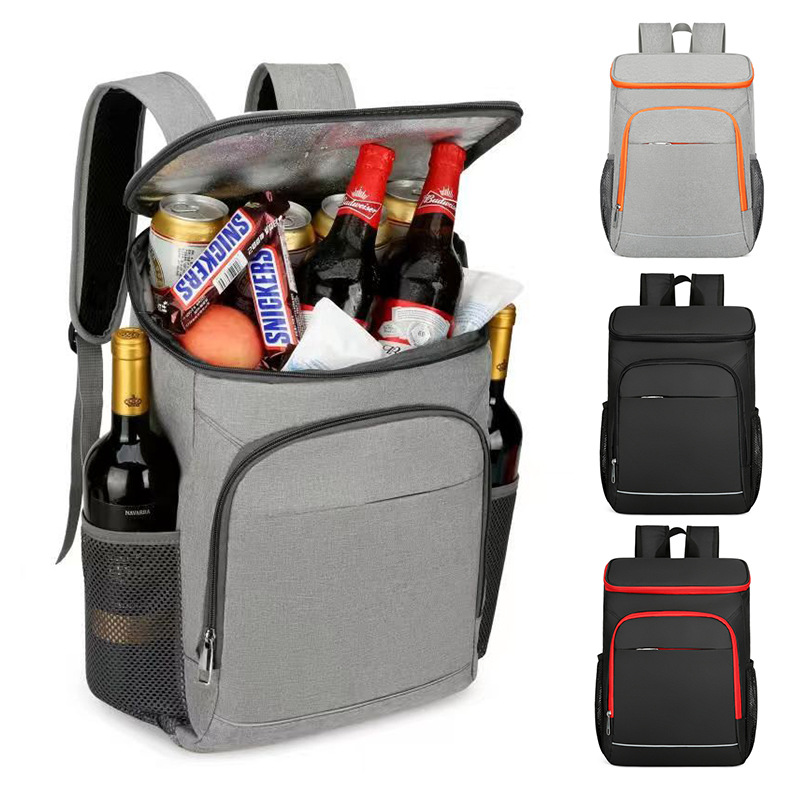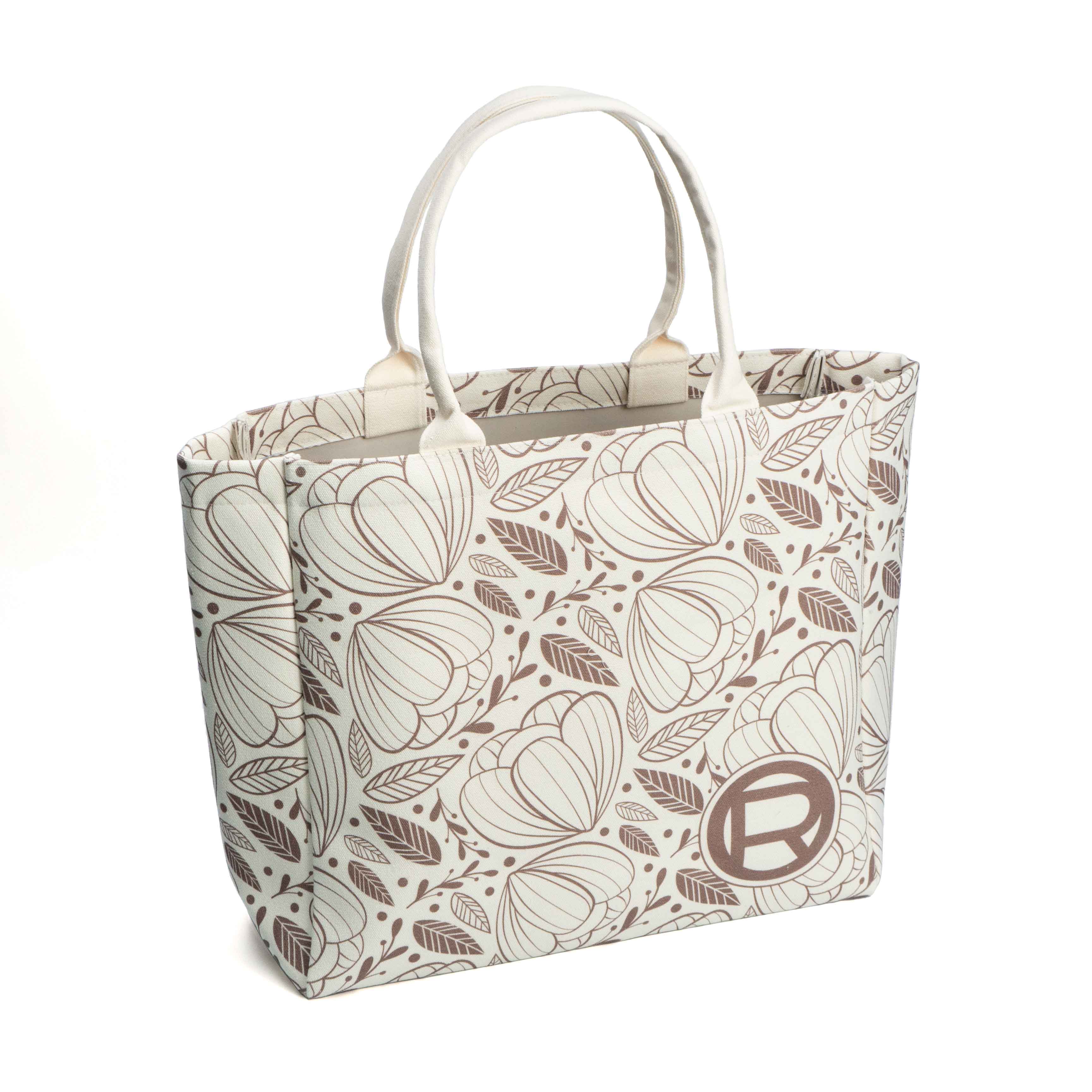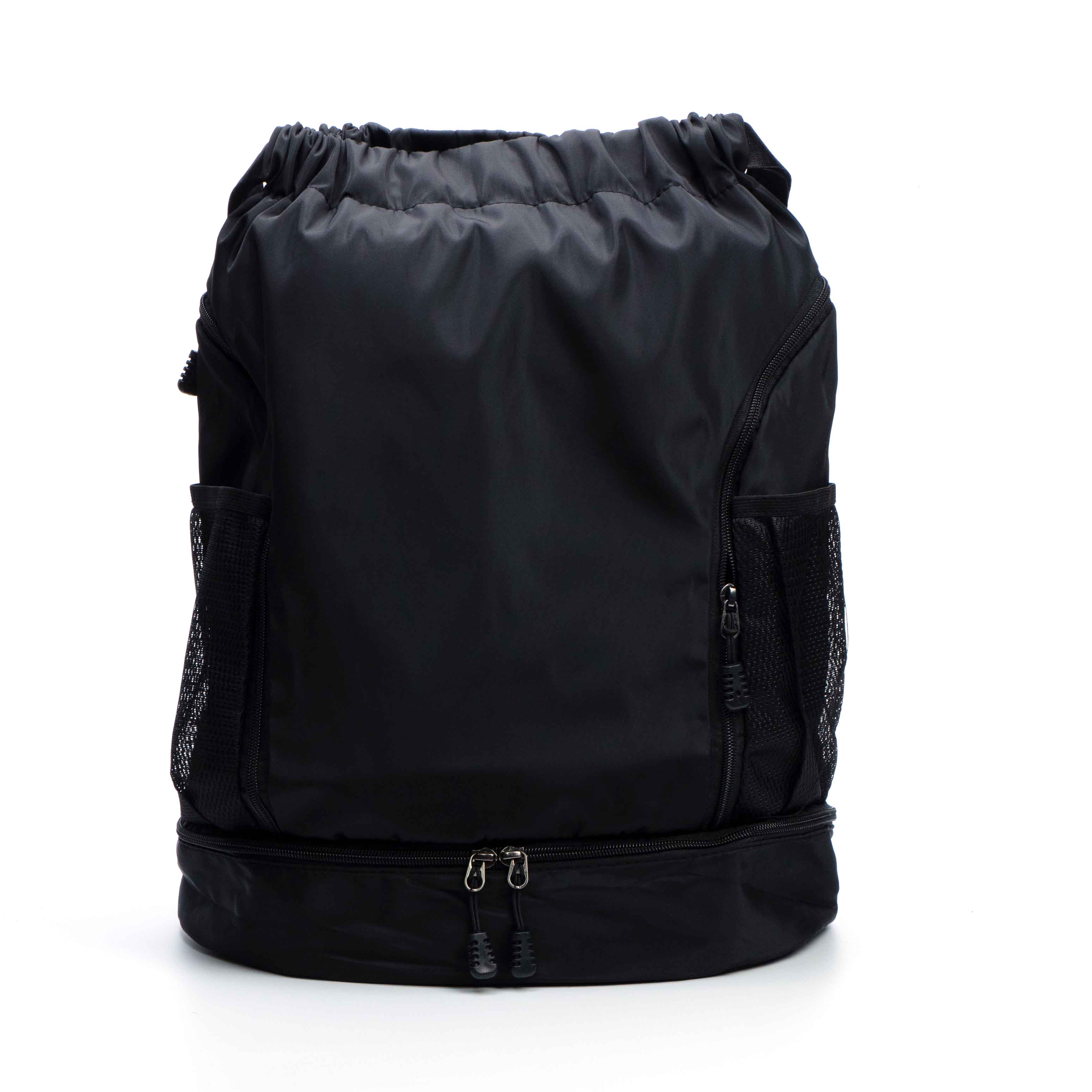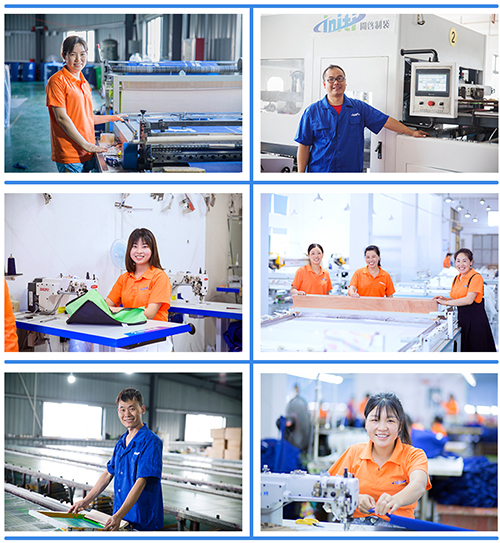Development of cooler(insulated) bags
From the initial simple heat preservation tool to today's multi-functional products integrating intelligence and environmental protection, the development of thermal
insulation bags not only reflects the progress of science and technology but also demonstrates the changing needs of consumers. In this paper, we will review the
emergence, development and improvement of the thermal insulation bag, and discuss its technological progress and design evolution at different stages.
1. The Emergence of Insulated Bags: Addressing the Need for Food Storage
Insulated bags were born out of the need to store and transport food. In early societies, due to limited technology, it became a challenge for people to keep
their food fresh when travelling or going out for long periods of time. The earliest methods of keeping food warm date back to ancient times, such as the
Roman and Greek periods, when people used woolen blankets or leather to wrap food to keep it warm. It was especially important to keep food warm to
prevent spoilage, especially in the absence of modern refrigeration equipment. This method, although slightly primitive, provided the basis for keeping food
warm for a short period of time.
Antique Cloth Wraps
2. The Development of Insulated Bags: Advances in Materials and Technology
Material Innovations: The mid-20th century saw the advent of synthetic materials, leading to significant improvements in the design and functionality of insulated bags.
These new materials, such as polyurethane foam and aluminum foil, greatly enhanced the insulating properties of these bags. Aluminum foil, with its ability to effectively
reflect infrared radiation, combined with the thermal insulation provided by the foam's microcellular structure, marked a significant leap in the efficiency of insulated bags.
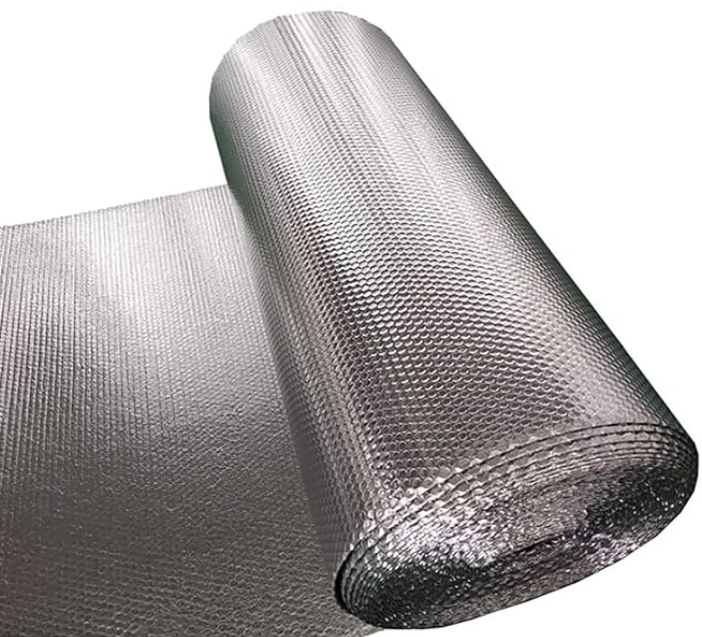
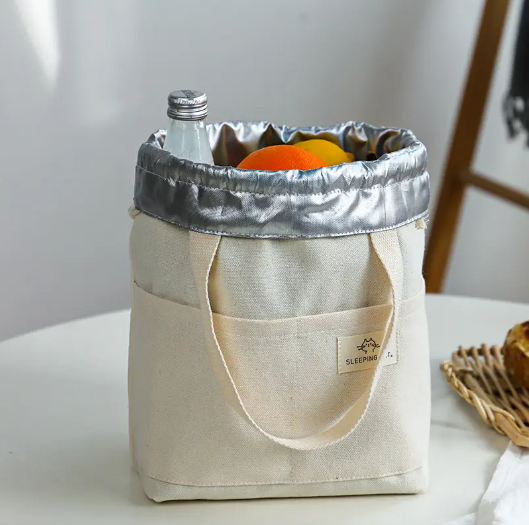
Aluminium foil Canvas cooler bag
Structural Optimization: In addition to advancements in materials, the structure of insulated bags was progressively optimized. What started as simple, single-layer designs
evolved into multi-layered composite structures, where each layer had a specific role. For instance, durable and water-resistant polyester or Oxford cloth became common
choices for the outer layer, while the combination of aluminum foil and foam was used in the middle layer to maximize insulation. The inner layer typically consisted of
non-toxic, waterproof, and easy-to-clean materials like PEVA or PVC.
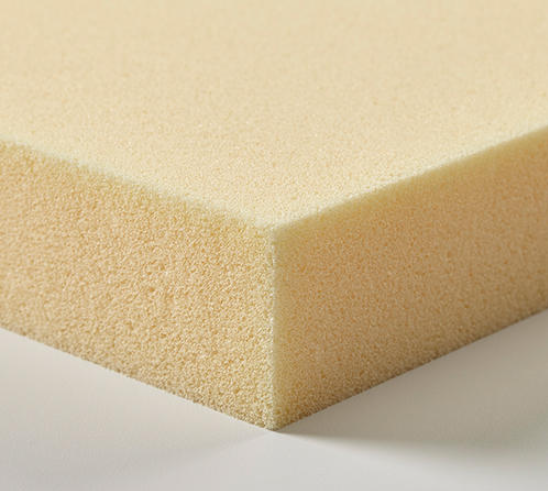
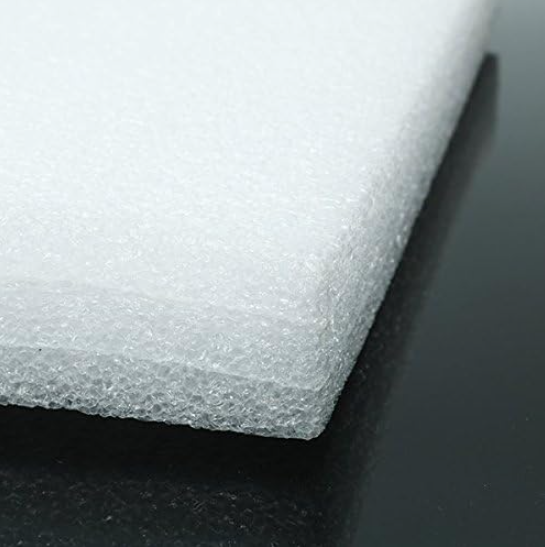
Polyurethane foam EPE pearl cotton
Design Diversification: With changing consumer demands, the design of insulated bags became increasingly diverse. Functionality-wise, these bags started featuring various
capacities, shapes, and portability options to suit different scenarios, such as outdoor picnics, work lunches, and food delivery services. Additionally, the aesthetic design of
insulated bags evolved, ranging from simple and practical to stylish and appealing, catering to the diverse tastes of consumers.
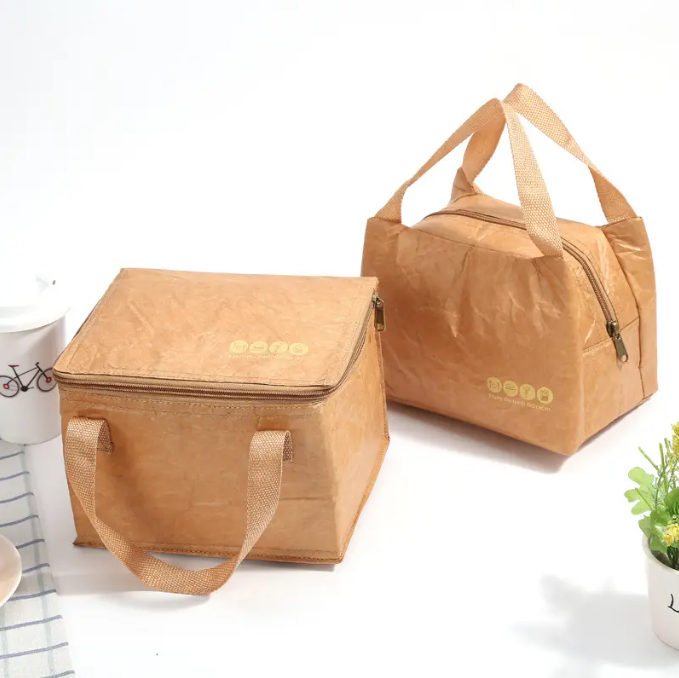
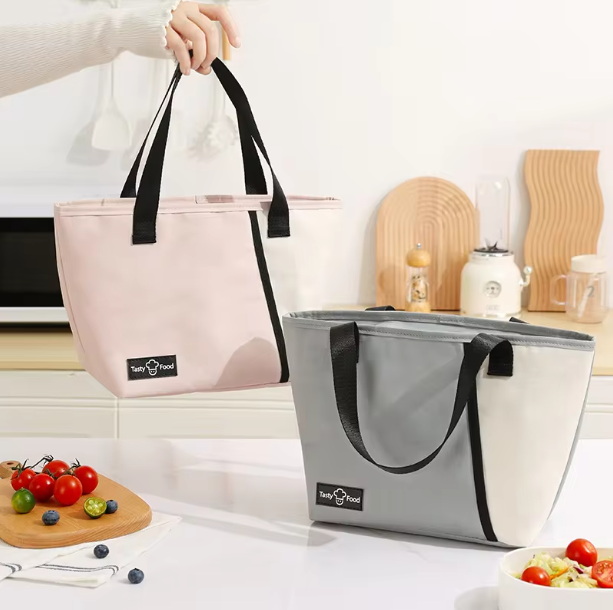
Kraft paper cooler bag Lunch bag
3. The Improvement of Insulated Bags: Trends Toward Smart and Eco-friendly Designs
Entering the 21st century, the development of insulated bags has continued to move toward smart and eco-friendly innovations.
Smart Insulated Bags: With the rise of the Internet of Things and smart devices, smart insulated bags have become a new trend. These bags, equipped with built-in temperature
sensors and heating elements, can monitor and adjust the internal temperature in real-time to keep food at the desired temperature. Some high-end models even connect to
mobile applications, allowing users to control and monitor the bag's temperature and status remotely.
Outdoor Picnic Insulation Leak Proof Backpack All-in-one Smart Insulated Backpack
Eco-friendly Materials: Growing environmental awareness has driven the adoption of eco-friendly materials in insulated bags. Some brands have started using biodegradable
materials to reduce environmental impact. Moreover, reducing energy consumption and carbon emissions during production, along with promoting recyclable designs, have
become focal points in the industry.
Multifunctionality and Customization: Modern consumers seek not only effective insulation but also additional features like waterproofing, dustproofing, and antibacterial
properties. Furthermore, the demand for personalized customization is rising, with options to design the bag’s appearance, print personal or corporate logos, and even add
extra functional modules.
Waterproof lunch bag
4. Conclusion
The emergence, development, and improvement of insulated bags reflect the progress in technology and changing consumer needs. From the simple methods of early food preservation
to the modern smart, eco-friendly, and multifunctional designs, each advancement in insulation technology stems from the pursuit of a higher quality of life and environmental
responsibility. As technology continues to evolve, the functionality and design of insulated bags will become even more diverse, providing greater convenience and comfort in daily life.
Meanwhile, if you need to buy and customize your own branded insulated bags in bulk, please feel free to contact us!
Hot Tags: Cooler bag,Insulated bag,Wholesale China, suppliers, bag manufacturers,bag factory, wholesale, in bulk,Canvasbag,tote bag,Cotton bag,Custom bag,Source Factory.

